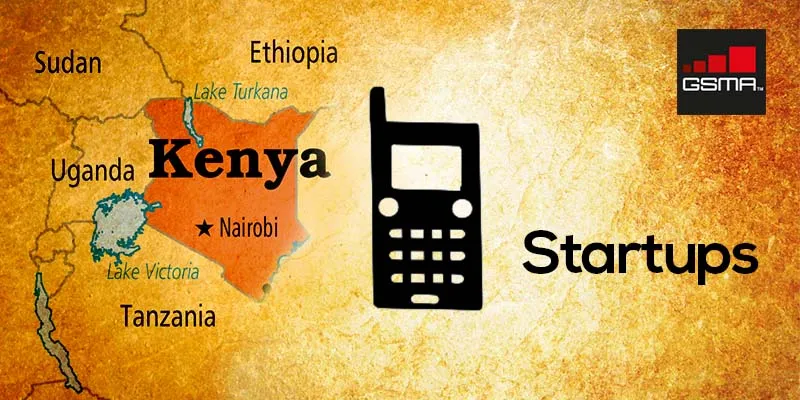How the mobile revolution in emerging economies is creating opportunities for digital entrepreneurship
The mobile revolution occurring in emerging economies is creating unparalleled opportunities for digital entrepreneurship, according to mobile industry body GSMA. This is backed up by a well-researched country profile from Africa, titled Digital Entrepreneurship in Kenya 2014, released at GSMA’s recent Mobile World Congress in Barcelona.

Success stories from Kenya include Wananchi Online (ISP and internet phone company), Craft Silicon (mobile and banking software company with 200 clients in 40 countries), Ushahidi (crowdsourced platform for activity mapping), Bridge International (mlearning) and Kopo Kopo (mobile payment platform). I have summarised the report’s mapping of Kenya’s mobile ecosystem in Table 1 below.
Table 1: Mobile startup ecosystem in Kenya
The research report is based on 300 interviews with entrepreneurs, and also covers 230 startups in Nairobi, Mombasa and Kisumu. The report is sponsored by Omidyar Network and UK Aid, and carried out by iHub Research in Kenya.
“Very few countries in the developing world come close to Kenya’s mobile payments penetration levels where an estimated 74% of adults, or 23 million people, are registered mobile money users,” according to the report.
Some mobile operators are willing to engage with startups, but more processes and professional management need to be adopted by startups. Entrepreneurs also seem concerned about sharing their ideas freely with operators due to lack of trust. Only a few investors are involved with startups at their early stages; most investors seem to prefer working with later stage startups. More efforts will be needed to promote partnerships for customer acquisition and distribution.
Numerous competitions and grants help create startup buzz, but there also needs to be more mentorship support, according to the report. SMS is popular as a communication and payment platform, but there are still some language and technical literacy challenges.
Thanks to submarine cable connections and fibre optic backbones, consumer tariffs for digital media have dropped 80% since 2010. Chinese manufacturers such as Huawei offer $70 Android handsets. A range of online courses and tools are spurring developer efforts.
Some more numbers will help get a sense of perspective: Kenya has 31% unique mobile subscriber penetration. Basic handsets cost $15, while smartphones are in the range of $100. 60% of Kenyans living on less than $2.50 per day have access to mobile phones. 99% of internet subscribers come online via mobile devices (16 million people).
Only 11% of startups have partnerships with mobile operators. Preferred mobile payment channels by entrepreneurs are SMS (46%), mobile Web (52%), m-Pesa (24%) and AirTel Money (7%). Key technical challenges faced by Kenyan startups are high cost of operator resources (50% of survey respondents), programming languages (39%), hosting (26%), internet access (23%) and tools (19%).
60% of entrepreneurs are self-funded. Less than 2% of Kenyan startups receive funding from angels (as compared to 37% in Silicon Valley). 40% of mobile startups have received less than $1,200 in funding, and only 7% have received more than $120,000 in funding. 60% of entrepreneurs are interested in equity financing, but have not approached an investor.
Finance challenges faced by startups are perceptions of stringent investor requirements (31%), poor pitching skills (21%) and lack of business foundation (11%). Available investor funds vary across startup lifecycle: idea (1%, with average deal size of $13,000), prototype (6%, $18,000), seed (34%, $226,000), growth (41%, $1 million) and expansion (18%, $3 million).
Only 18% of Kenyan startups have average monthly revenues more than $2,900; most entrepreneurs work additional jobs to make ends meet.
“The lack of local business angel investors arises because there have been very few exits to date,” according to the report. Investors also express frustration that most startups they encounter are largely comprised of technical teams, with little experience in business operations or marketing. Changes are coming, including more involvement of entrepreneurs and investors from the overseas communities.
The report makes a number of recommendations: operators should form partnerships with startups and incubators; accelerators should provide mentorship support; investors should provide more seed stage funds; development organisations should provide startup support tied to growth milestones; governments should build more ICT hubs; and the curriculum should include entrepreneurship topics.
In sum, the overall assessment of the report is upbeat. “The potential for Kenya, especially Nairobi, to become a leading hub for digital entrepreneurship is extraordinary,” the report concludes.







